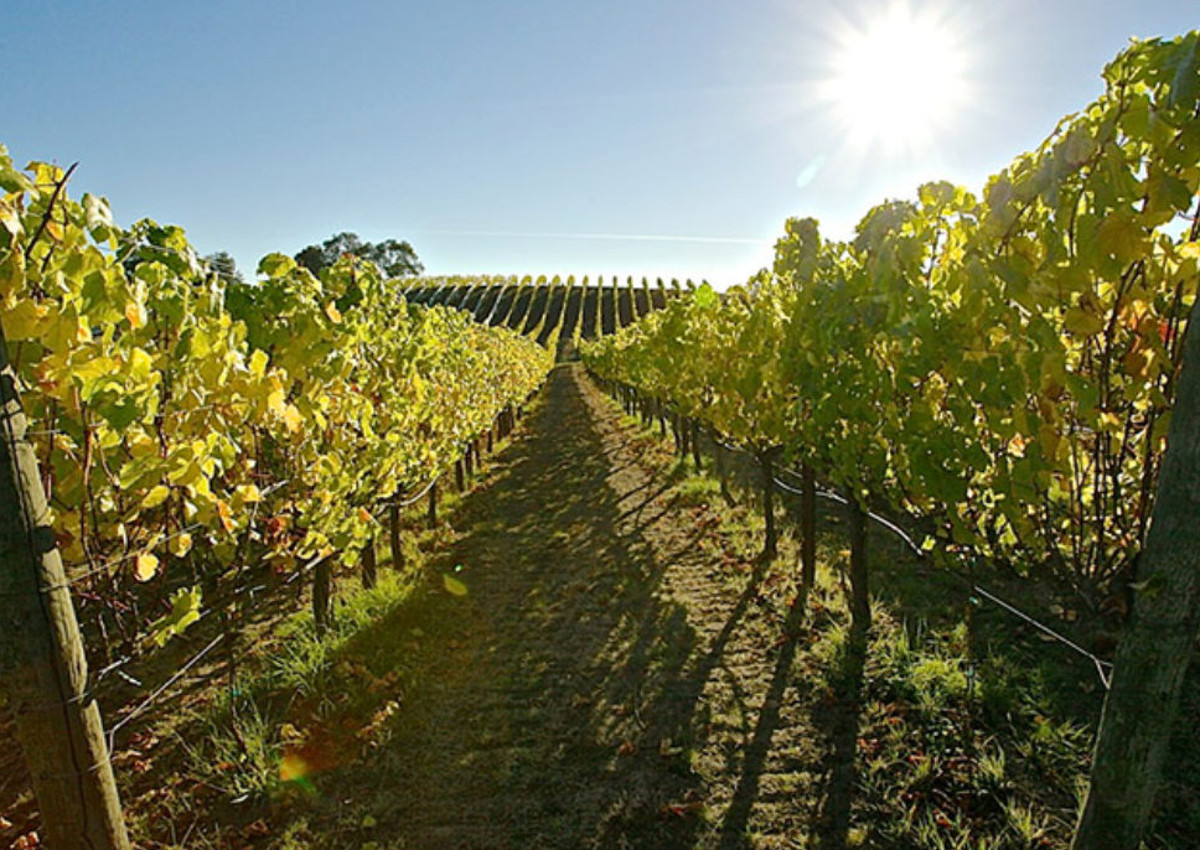
Italian wine is experiencing a ‘green’ turning point. Never before has so much organic wine been consumed by Italians, with a record leap of +45% in sales in 2017 compared to the previous year for a total of 3.84 million liters sold in the large scale distribution channel. According to an analysis by Coldiretti based on Infoscan Census data – unveiled at Vinitaly 2018 – a wine consumer revolution is taking place. The increase in domestic demand concerns also sparkling wines, whose sales grew by 41% for 361,469 liters in 2017. The growth rate of organic wine sales was twenty times higher than the sector average in value, demonstrating that ‘healthy and natural’ are the new trends expanding on the market, both in Italy and abroad. Italian organic wine is also a key factor for exports, especially in ‘mature’ markets such as Germany.
Organic vineyards
According to Sinab 2017, organic vineyards have reached 103,545 hectares in Italy, 66,133 of which are organic and 37,412 in conversion. Italian organic vineyards have doubled in the last five years with Sicily, Apulia, and Tuscany on the podium of the Regions with the largest organic vineyard area. Together, they represent two thirds of the total. There is also an increase in the number of vineyards cultivated using bio-dynamic techniques, which represent 20% of the over 4,000 Italian farms. The increase is due to the ecological sensitivity that is spreading among citizens. This is also demonstrated by the Coldiretti/Ixè survey according to which 6 Italians out of 10 purchased organic products in 2017 at least sometimes: a sign of a greater attention to the environmental impact of their behavior.
Another Italian wine primacy
The Italian world of wine as a whole is paying attention to the increase in demand. This is also demonstrated by the results of the latest official control carried out by the Ministry of Health: analyses did not reveal any samples of Italian wine that was irregular due to the presence of chemical residues. A record that will be at the center of the Coldiretti booth where, until the closure of Vinitaly 2018 (15 to 18 April in Verona) exhibitions, practical demonstrations, and analyses aimed at promoting and defending Italian wine in the world will alternate over the different days. Attention to the ecological footprint of the production has finally led the association to promote the first label that certifies grapes and wines obtained with sustainability criteria, for the conservation of natural resources, biodiversity, health, and environment care.
